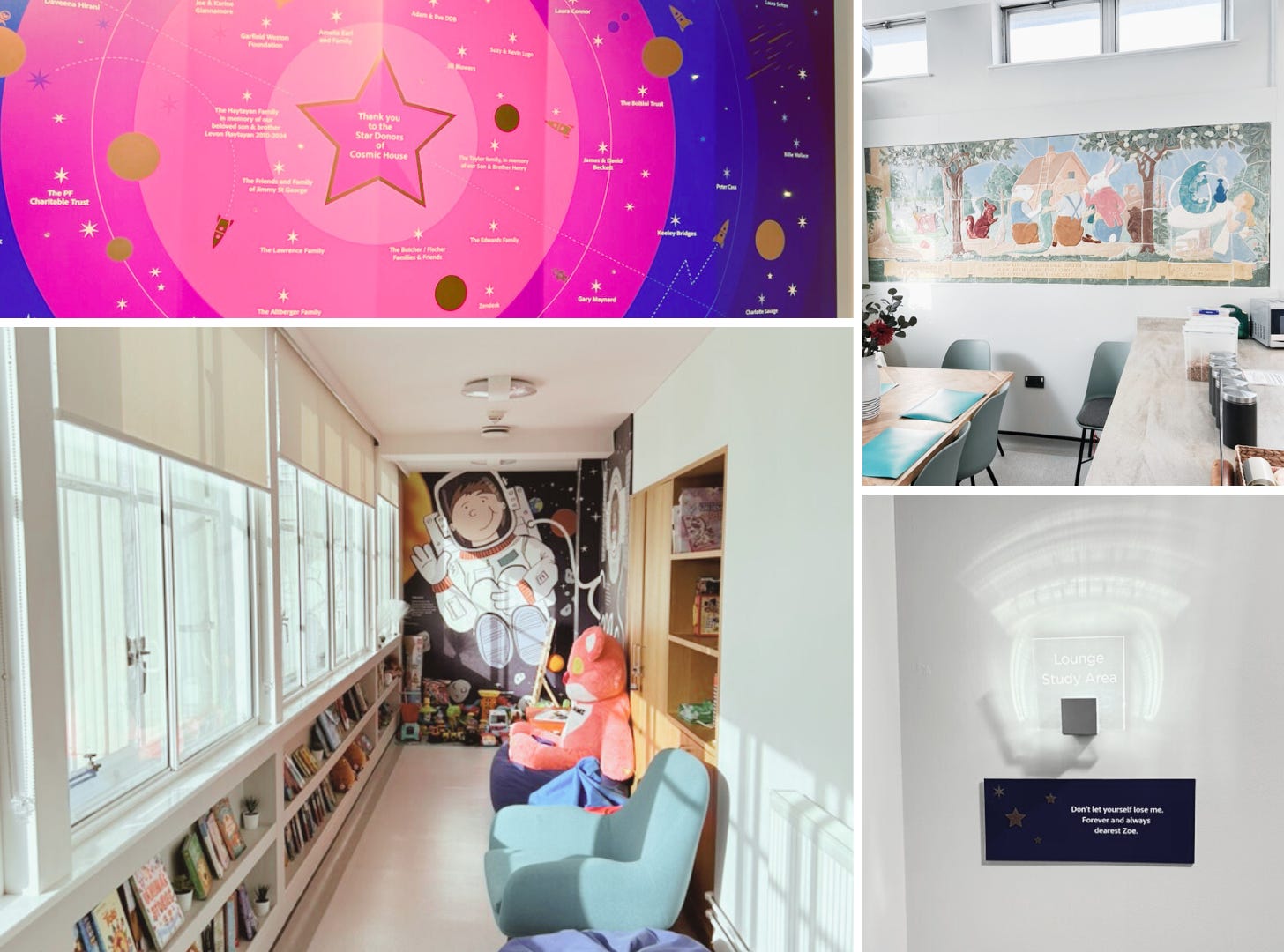Social Media Incentive Traps and the Consequences for Child Data Privacy
A clever trick to process news, information, and technology, and more ways to consider what's great about being human from here and abroad.
Regardless of whether the topic is media ‘bias’, how Americans voted in the recent presidential election, or the risks/rewards inherent to an edtech platform for kids, there are two questions I always ask to center my thinking:
What are the incentives? What are the consequences?
For us, and for them.
Of course, it’s exceedingly obvious that we are motivated by reward and adverse to risk. But as generative AI creates market instability (e.g., online businesses losing revenue as digital marketing evolves or even disappears in its current form) and presents different incentives (e.g., data collected is worth more as it’s now fodder to train AI)… everything should be questioned.
For example:
Your child wants to sign up for a free app. What do they get? What does the company get? What are the consequences of using or not using the tool?
You are fired up about election media coverage. Are you helping incentivize engagement revenue by rage posting?
What are the consequences if the media say something untrue? What are the incentives for them to create discord?
Your child’s school wants to post pictures of an event online, what are the consequences if these photos end up in the hands of a bad actor to create deepfakes, for instance?
If you give up a critical piece of data, are the incentives to do so good enough? For instance, iris scanning to get through an airport faster or giving up DNA for ancestry insights?
This should inform all of our thinking every day and in every way. Give it a try, and you’ll find it changes how you start to digest information and make decisions on what is true or right.
On Being Human
Back to the election… as the dust settles it’s clear that if you talked to your neighbors, colleagues, and family in areas negatively affected by current policy you may have had a better sense of the election outcome. So if there is one learning to take away here, it’s that the more we disconnect from human discussion, debate, empathy, and connection, the further technology will divide us from reality.
Connecting with our human side can also help us to better consider the types of advancements that can help everyone achieve a better quality of life. This week I dug into how AI is helping those with different needs thrive, and the list is long and exciting…
Impact of Tech Innovation on Lives of Those With Special Needs
From mobility aids to communication tools, AI and other innovations are creating possibilities that change lives. It’s one of the most positive aspects of AI advancement. And, the best part is that by advocating for accessible design, affordability, and collaboration with disabled communities, while also prioritizing data privacy and safety, we can crea…
Postcards from Abroad
Speaking of technology, advancement, and humanity…
This weekend, I travelled to St. Mary’s Hospital in London to celebrate the dedication of a room to my oldest daughter. We lost Zoe 16 years ago, and at the time friends, family, and colleagues raised money for the hospital’s Pediatric Intensive Care Unit.
There were many ideas about how the donations could be put to good use, including to support the addition of new medical technology. But in the end, what we needed at the time of Zoe’s stay was a pillow for our heads. A bed. Food. Somewhere to sit. A place to regroup and gather strength.
And so we were part of a group of donors over the year who ultimately contributed to the creation of a 12-bedroom facility within the hospital for families to stay on site while their child is in the PICU.
The juxtaposition of new and increasingly sophisticated machinery and this incredible new area addressing simple basic human needs, very much represents my philosophy of embracing innovation while not losing sight of our humanity…
I also had some time in London to visit with family and debate issues such as whether humanoids should be put to work cleaning our homes (my argument was “duh, absolutely!”). So my father-in-law will appreciate this article below that was in my mailbox when I returned home…
Have questions? Ideas? Contact me here…






